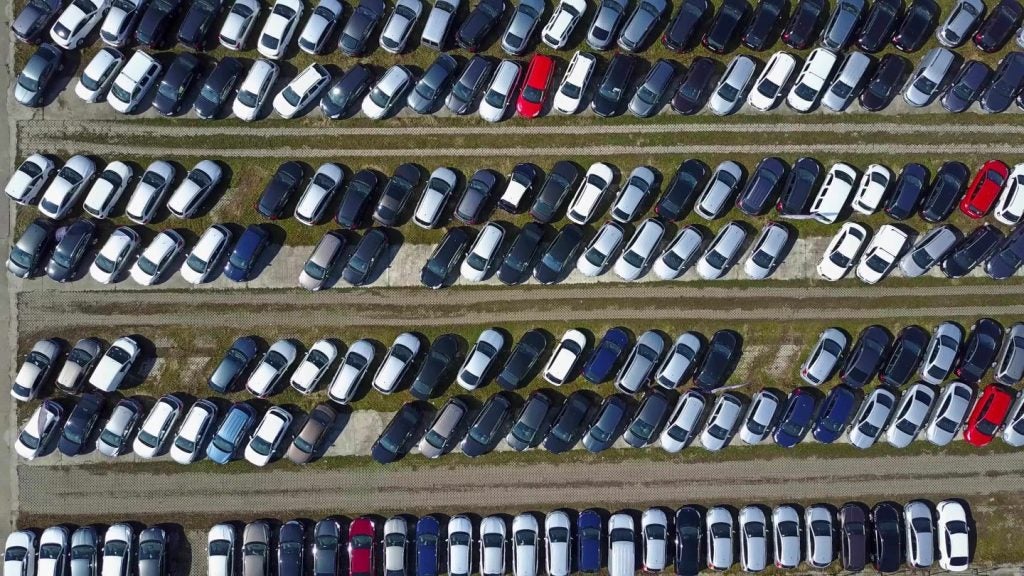
Drivers who have range anxiety over making a trip to Europe in an EV shouldn’t have any fears. That’s the view of Andrew Leech, founder and managing director of Fleet Evolution, after a marathon 1900-mile round trip to the French Alps.
Over the Easter break, Leech set off from Yoxall, Staffs, in an Audi e-Tron at the same time as a friend’s family of a similar size set off in a Ford S-Max diesel, both bound for Val d’Allos in the high Alps, a journey of 950 miles each way.
During the long trip, both families made regular break stops at around 2.5 hours, at which point Leech took the opportunity to charge up the e-Tron on the available charging network, which for 70% of the time was the Ionity network.
Over the whole 1,900 miles, the cost of charging was just £217 compared to £496 in diesel costs for the S-Max, while the journey time for the Audi was 36 hours 45 minutes and that of the Ford 36 hours exactly.
“There was only 45 minutes difference in our journey times over 1,900 miles, which shows just how easy it is to make long journeys in an EV on the Continent where there are extensive charging networks.
“The main takeout for me on this trip was how convenient it was to charge the EV, with a wealth of charging stops on the entire route, much of which comprised 80mph toll roads. In fact, even though it was Easter, we only had to wait for a charger in one case and then the wait was only seven minutes. In every other instance, a fast charger was available. There was even a charger, albeit not a fast one, in our remote ski resort,” said Leech.

US Tariffs are shifting - will you react or anticipate?
Don’t let policy changes catch you off guard. Stay proactive with real-time data and expert analysis.
By GlobalData“The other major benefit from an operating point of view was the cost of fuel. The total electricity bill for the entire journey was just £217, compared to the diesel’s £496 – that’s a difference of £279 and a massive 130% saving in fuel costs, the sort of figure that would make any cost-conscious finance director rub their hands in glee,” he said.
“I used the Ionity fast charging network in 70% of cases which is open to anyone and allowed me to add around 150 miles worth of range in about half an hour.
“I do pay a small monthly subscription of around £8 a month to the network which means I get a preferential charge rate of around 31p per kilowatt, which is cheaper than I pay at home, and which is available to everyone,” said Leech.
Another benefit of the EV, said Leech, was the regenerative braking capabilities of the vehicle, which works like a generator and feeds energy back into the electric system to help replenish the range.
“On the last morning, we left the resort with a battery that was only 50% charged, heading to the next charging stop which was 80km away and largely downhill.
“By the time we arrived at the stop, the battery was 75% full and we had recouped an extra 25% range thanks to the regen which is standard on all EVs,” he said.
Leech said his Continental ski trip had underlined a number of key points around the operating costs of an EV, especially one provided via a salary sacrifice car scheme.
“An EV provided under a salary sacrifice car scheme remains far more cost and tax efficient than an equivalent ICE model, especially when the cost of fuel is factored in.
“With petrol and diesel prices at their current high levels, it only serves to make ICE models more expensive to run and EVs more cost efficient as our trip clearly demonstrated, as well as showing how easy and convenient it was to operate an EV over long distances and at minimal costs,” he said.
More than a third of car dealers say 2023 turning out better than expected







